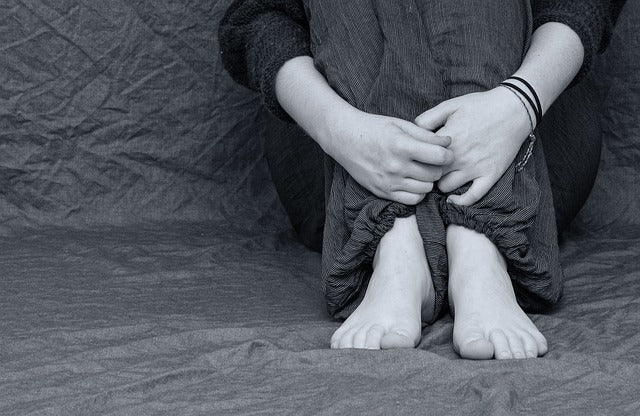SSRI Antidepressants Linked to Decreases in Bone Density
January 26, 2012 2 min read

Over the last several years, a number of studies have found a relationship between decreased bone mineral density and long-term use of SSRI antidepressants. The theory behind this association is that serotonin is part of the system that regulates signaling in bone cells and that medicines that affect the serotonin system could change bone metabolism.
At the American Psychiatric Association meeting in 2010 researchers from Canada presented a large, well designed study that provides more evidence that bone density can be reduced in people taking SSRI’s for long periods of time.
The two faces of serotonin in bone biology.
Following is an excerpt from an abstract from Cell Biology October 2010 Ducy P Karsenty.
The serotonin molecule has some remarkable properties. It is synthesized by two different genes at two different sites, and, surprisingly, plays antagonistic functions on bone mass accrual at these two sites. When produced peripherally, serotonin acts as a hormone to inhibit bone formation. In contrast, when produced in the brain, serotonin acts as a neurotransmitter to exert a positive and dominant effect on bone mass accrual by enhancing bone formation and limiting bone resorption.
Dr. Lani’s comments:
If you are taking SSRI’s make sure you are not doing other things that rob you of much needed bone mass. I personally believe that anti-depressants are overprescribed, like many other medications.
Many people who experience depression eat a depressing diet – high sugar and low on nutrient value. Gastrointestinal problems may also result in depression over time.
Now let’s add in menopause with hormonal changes. It takes time for a doctor to sort out the root cause of depression, which should include a good history and nutritional analysis.
Some patients I see have been on these medications for years, without trying to get off to see if they actually, “need” them. I know there is wise use for SSRI’s, and some people may need them.
If you are considering trying to wean off these medications it is critical that you work with your doctor.
And, if your doctor does not work with nutrition find someone who does and make sure you are well supported nutritionally before attempting the weaning process.
Vitamin K and bone
Vitamin K is essential for healthy heart and bones. Which form is best? Can you get enough from the food you eat? What do the studies indicate for osteoporosis? Can it reverse osteoporosis? Dr. Lani will discuss the role of vitamin K for bone and Heart health at a free webinar with Kate Rhéaume-Bleue, ND. Author of, Vitamin K2 and the Calcium Paradox: How a Little Known Vitamin Could Save Your Life. Webinar February 1st - see side bar on left to sign up for this free webinar
Subscribe
Sign up to get the latest on sales, new releases and more …

